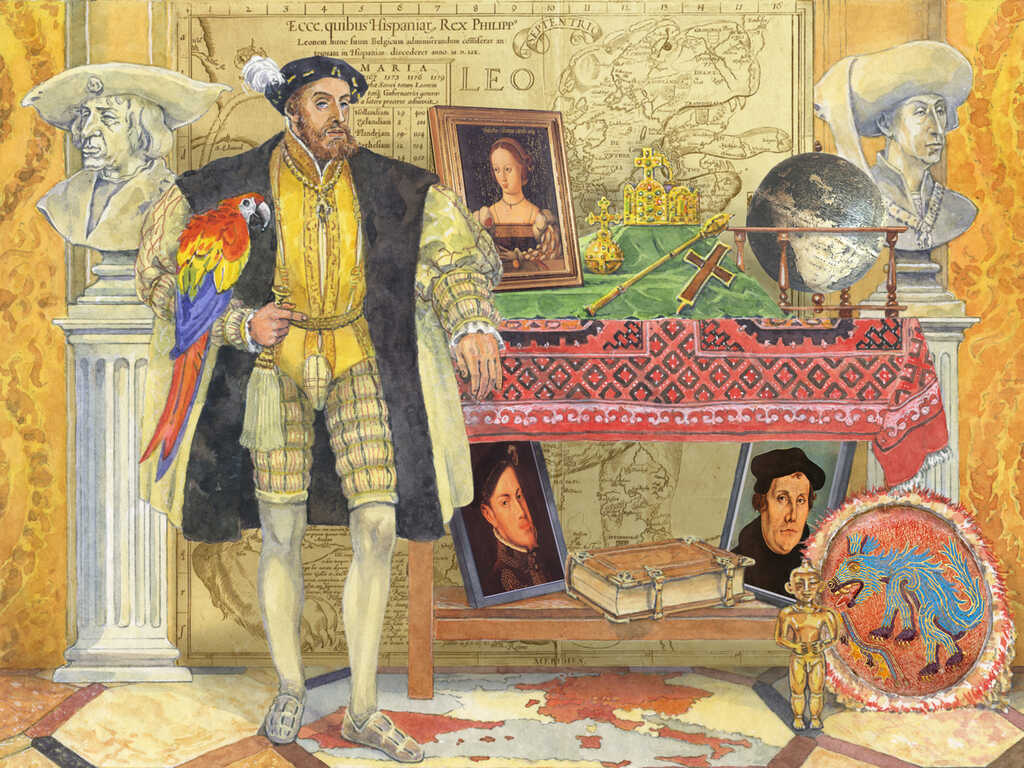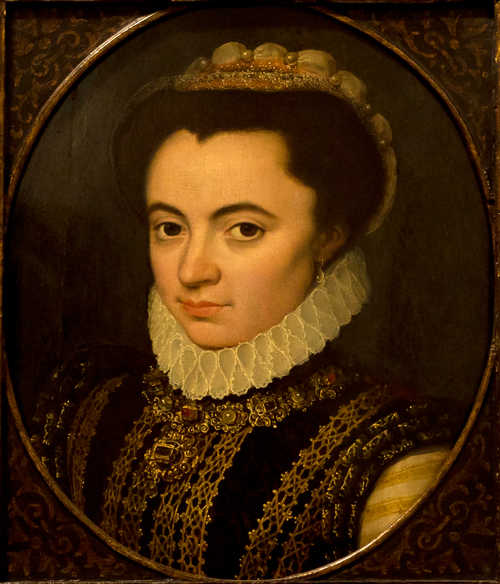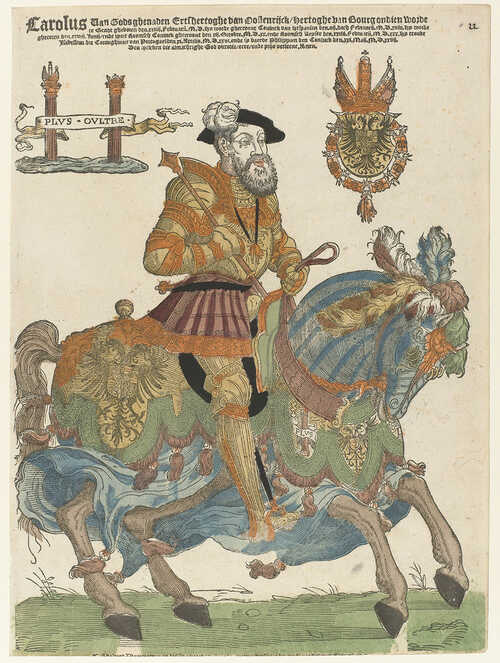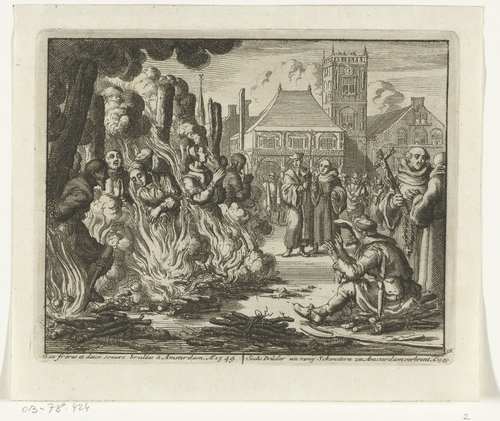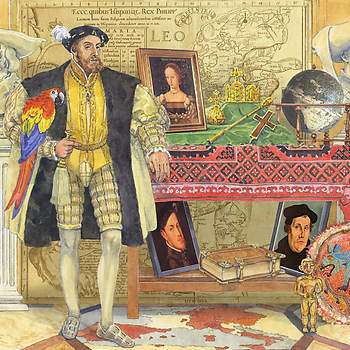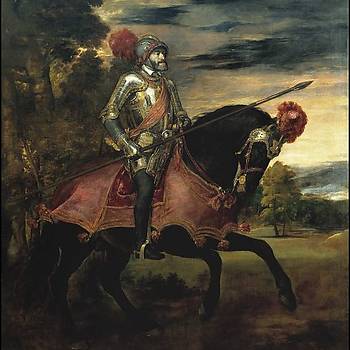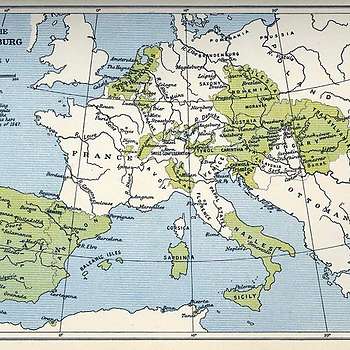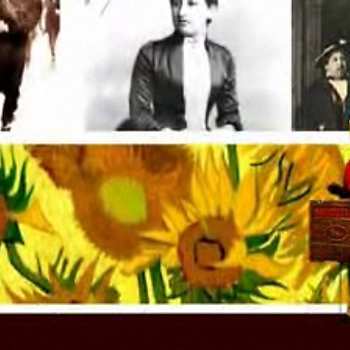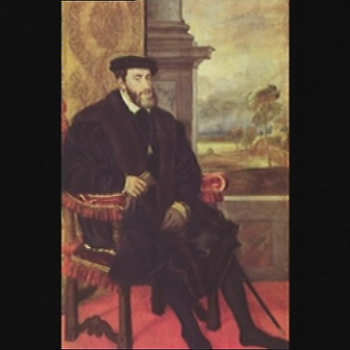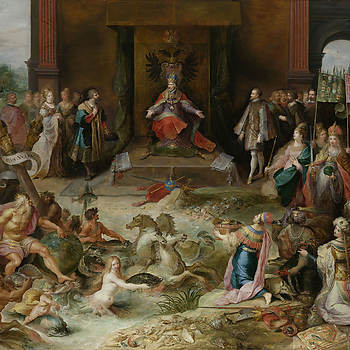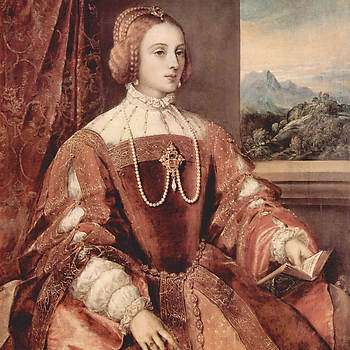In the first half of the sixteenth century, the Low Countries consisted of different areas with their own laws and regulations. However, they had one thing in common: the Habsburg ruler Charles V. Charles’ father, Duke Philip the Handsome, was a descendant of the Burgundians who had acquired a large number of dukedoms and counts’ domains in the Low Countries in the late fourteenth century. His mother was heiress to the Spanish kingdoms of Aragon and Castile. Philip died when Charles was still young, so Charles had to ascend the throne early on in his life. In 1515 – at age 15 – he became the ruler of the Low Countries, a year later he was also King of Spain and ruler of Spain’s dominions in the New World, and in 1519 he was elected Emperor of the German empire.
This was the first time since Charlemagne that anyone had ruled over such a huge empire. Being emperor of an empire on which the sun never set created problems of its own. Confronted by hostile German princes, advancing Turks and a French king who mistrusted the expansion of the emperor’s power, Charles moved from one war to the next. This cost a great deal of money that had to be supplied in part by the prosperous Low Countries. At the same time, Charles tried to make the Low Countries into an administrative unity and he conquered the last remaining independent provinces in the region: Friesland and Guelders.
This centralisation of politics was not welcomed by everyone. The towns resisted the high taxes and cherished their privileges, while the nobility defended their administrative functions against Charles’ new civil servants. The presence of many supporters of the Reformation increased the tensions. Charles clung to the unity of the Church and took severe measures against dissidents: people who criticised the Roman Catholic Church created divisions. Charles had strict anti-heresy edicts proclaimed to the dismay of an ever-increasing group of town administrators and nobles who preached religious tolerance.
On 25 October 1555, in the golden hall of his Brussels palace, Charles abdicated his various positions. He was only 55 years old but he was burnt out from his administrative duties and gout. Supported by the young prince William of Orange, he told those present of his love for the Low Countries, about the many efforts he had undertaken during his reign and of the mistakes he had made. He asked for forgiveness and begged those present to be as loyal to his successor, his son Philip II, as they had always been to him. Charles spent the last years of his life in a Spanish monastery where he died in 1558.
